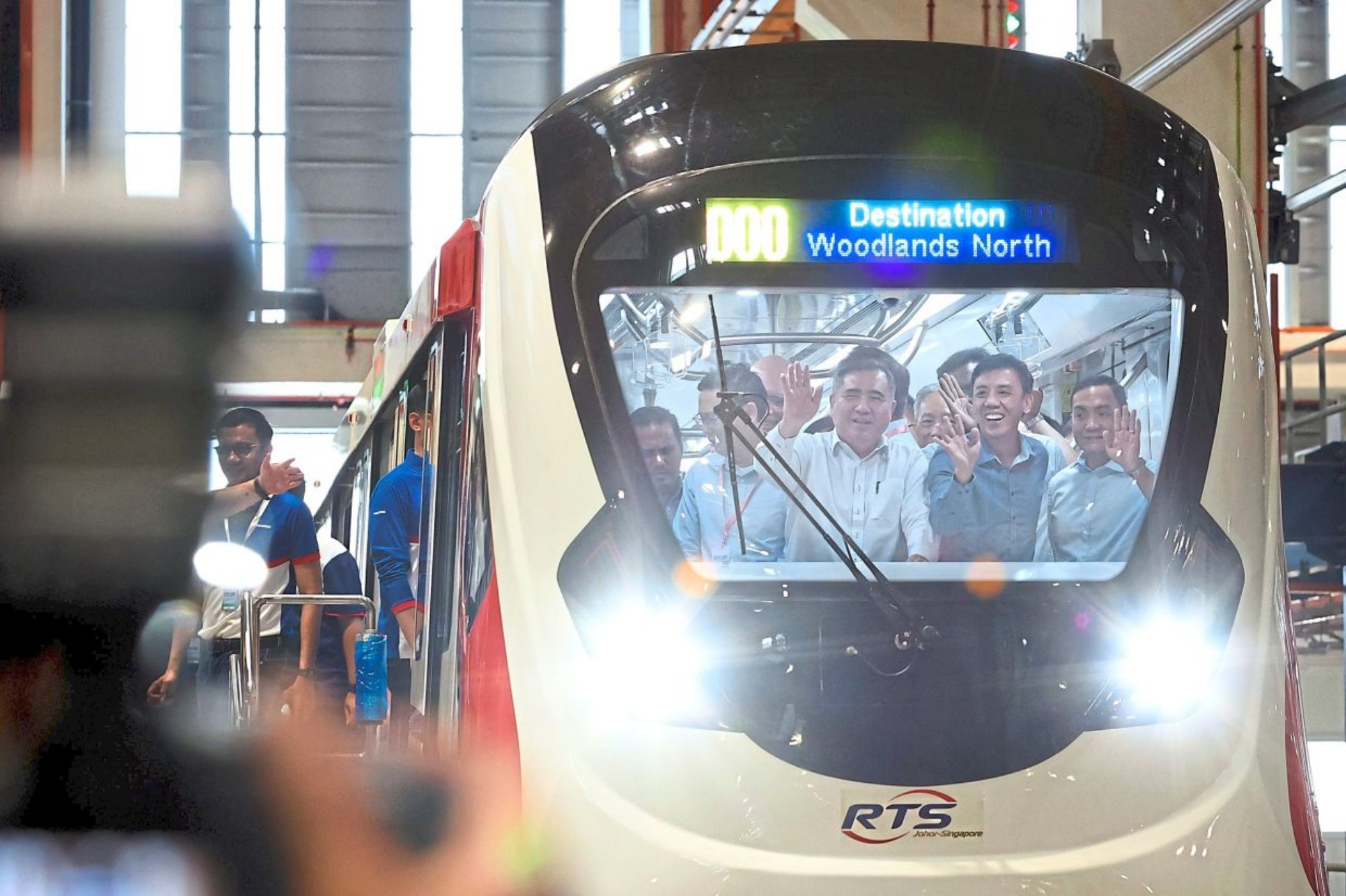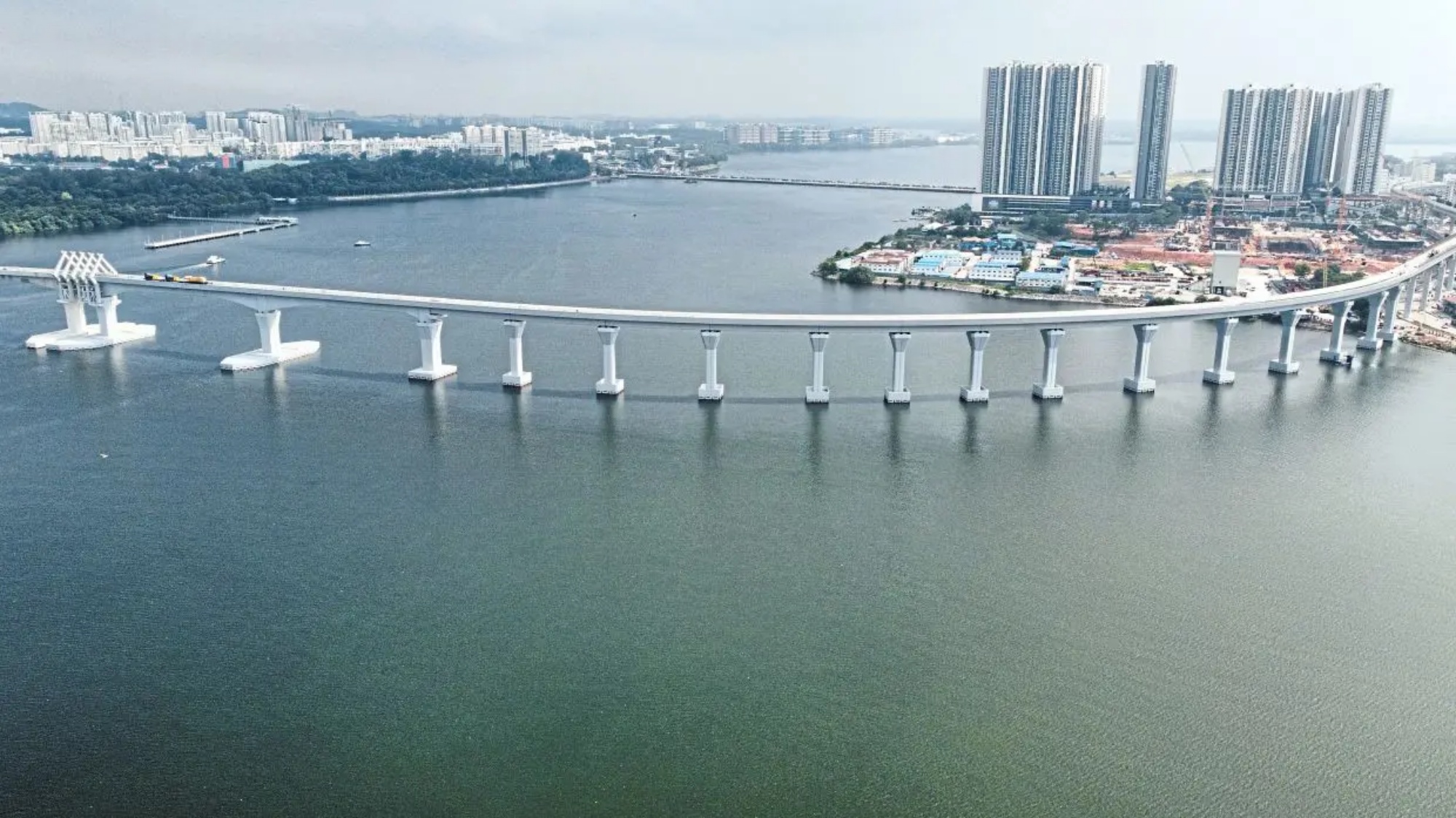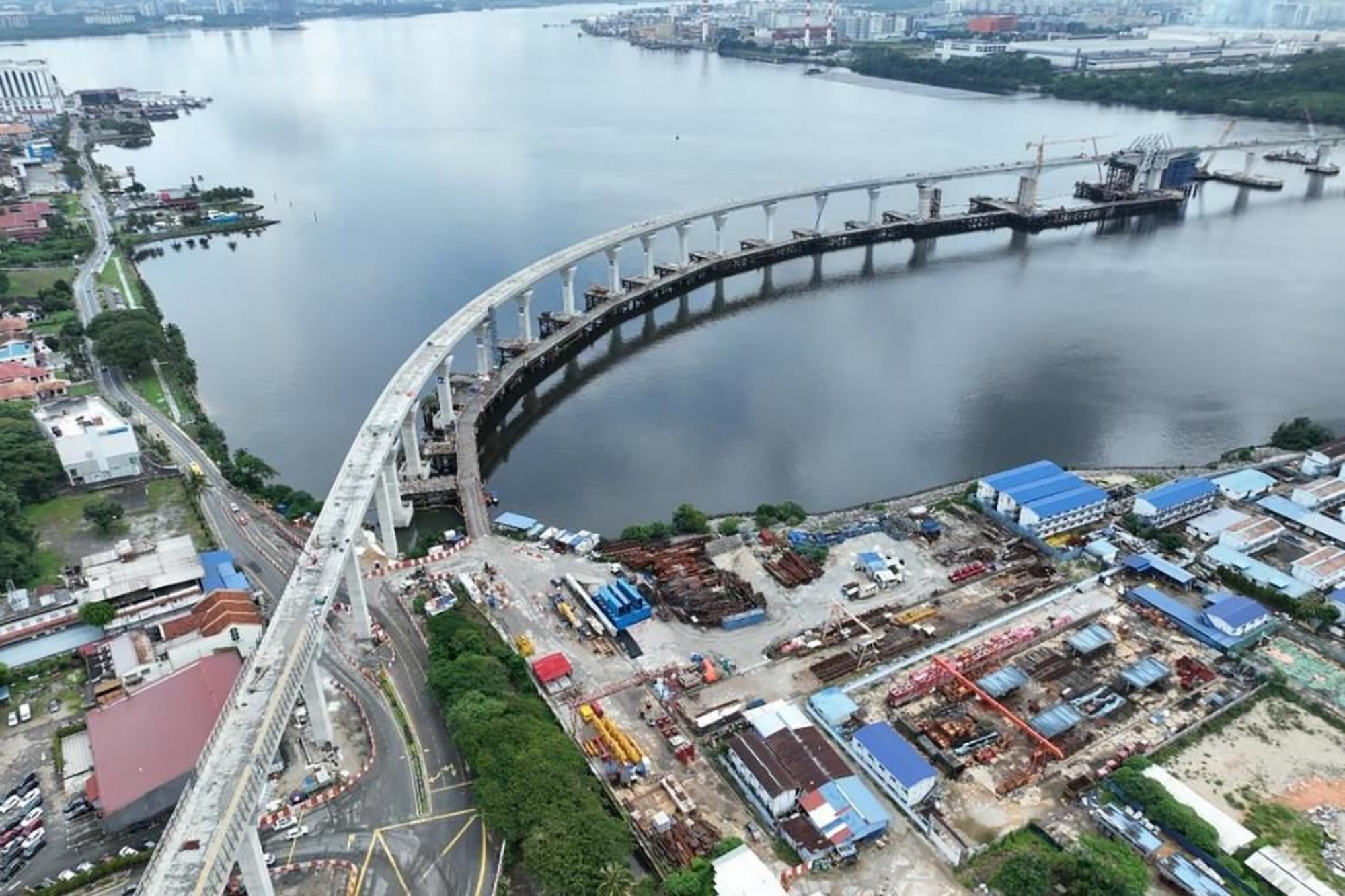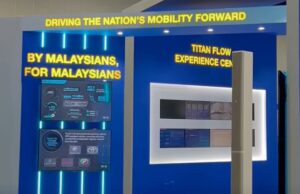The first phase of testing for the Johor Bahru–Singapore Rapid Transit System (RTS) Link is set to begin in December this year, Transport Minister Anthony Loke revealed. During a RTS Link site visit at the Immigration, Customs and Quarantine (ICQ) Complex in Bukit Chagar earlier, he told reporters that the service’s first train is expected to arrive at the Wadi Hana Depot by mid-November, with more sets to follow soon after.
“In the next two weeks, the first train will be sent and taken to the depot,” the Transport Minister said. “If we go according to schedule, many will get to see the train in motion in December during the first phase of trials.”


Loke noted that it will still take a long while before the cross-border rail service will be able to carry passengers. Reason being that there are still some important processes that need to be followed, including system integration and safety tests, before full operation can begin.
The Transport Minister also said that the structural work for both the Bukit Chagar Station and the ICQ Complex has been completed. He added that overall progress on key project components remains strong, with the depot now at 90% completion, the station at 73%, and the complex at 76.8%.


The RTS Link will connect Bukit Chagar in Johor Bahru to Woodlands North in Singapore, with full completion still on track for December 2026 and commercial operations expected to begin in January 2027. “This project is a massive and complex effort involving two countries,” Loke said. “I will monitor its progress every three months to ensure all obstacles can be overcome effectively.”
Meanwhile, RTS Operations Pte Ltd (RTSO) CEO Dr Ahmad Marzuki Ariffin said that system and operational works for the project have reached 65% completion and remain on schedule. “The first train will be brought in from the Singapore Rail Test Track, and three more sets of trains that are in Batu Gajah will be brought to the RTS depot in Johor Bahru later this month,” he explained. “Overall, the project involves eight sets of trains, each with four coaches.”


Dr Ahmad Marzuki added that the project continues to progress smoothly, thanks to close coordination between Malaysia and Singapore. “So far, no issues have cropped up to affect the project’s implementation schedule, with all parties fully cooperating to ensure a smooth work system,” he said.
Fault-free test runs are expected to begin next July and continue until system integration tests are completed. “July to December 2026 will be a crucial period for comprehensive testing, involving multiple agencies, including customs, immigration, and security, from both countries,” the CEO added.
(Source: Bernama)






